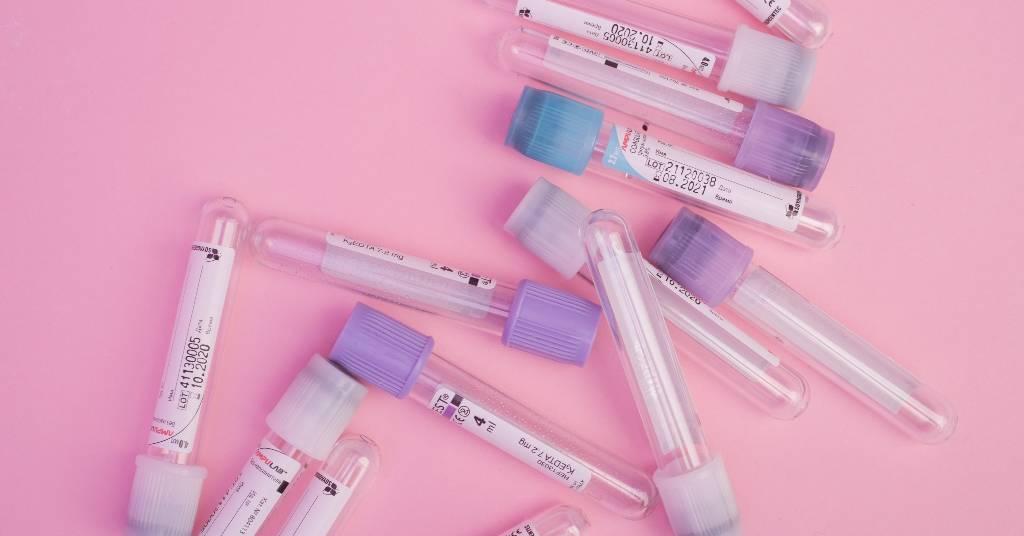Things you need to know about Anti-Mullerian Testing (AMH)
It is very important to know the basics of female fertility before moving to the Anti-Mullerian testing because it is a kind of fertility test
Mankind is blessed with the delicate reproductive process. Men start producing number of sperms when reaching the age of puberty, whereas women have given limited number of eggs to reproduce throughout their life. She ovulates single egg from her ovaries every month since puberty hits her. If she doesn’t use the egg for reproduction at that time then, it gets dissolved and again releases another in the next month until menopause starts. Women become completely infertile when menopause begins. With the gradual increase in age, the quality and quantity both of eggs get diminished.
Now a days people choose to build their career first and later about marriage. After few months or years plan pregnancy in 30s or 40s whereby chances of getting pregnant reduces and complications increases.
So, it is mandatory for women to enlighten themselves to gauge their ovarian reserve if they are looking to have a baby in near future. In addition, it is important to know about current fertility tests and to know, how can it help you in future.
What is AMH (Anti-Mullerian Hormone Testing)?
This test measures, up to what level Anti-Mullerian hormone is present in the blood. Granulosa cells produces Anti-Mullerian Hormone in ovaries follicles.
Ovarian reserve is a kind of egg container, whereby some eggs are used up over your lifetime. AMH indicates the number of eggs left with you in your ovarian reserve to reproduce. It can tell the quantity of the eggs and number of fertile years you have but this test is not going to tell you about the quality of your eggs.
High ovaries reserve means she has better chances of getting pregnant and low ovarian reserves. It shows she may have trouble getting pregnant or should not delay.
Why do I need Anti-Mullerian Hormone Testing?
- It predicts, when will menopause start. Menopause is a stage of women’s life where her periods stopped and now, she can’t reproduce. It is usually start by the age of 50.
- In case, you have early menopause. This test will help you to find the reason behind this.
- It helps to diagnose PCOS Polycystic ovarian syndrome which is the most common cause of female infertility.
- This test helps to find out the reason, if the girl has not started getting periods by the age of 15. In addition, it helps to predict why there is irregular menstruation in women.
- It helps to diagnose the ovarian cancer in women
- Moreover, it helps to check the infant with genitals when there is no clarity in gender identification
When do I need AMH test?
- When you have been trying to conceive for few months and now you want to know that your ovarian reserve is appropriate for your age or not
- If you have a suspicion of an ovarian tumor
- You want to conceive in near or later future and want to know the present ovarian reserve
- When you are considering any fertility treatment such as IVF, and want to check the level of AMH
- If you had any ovarian surgery or chemotherapy and you want to know the effect on your fertility
AMH and success rate of IVF:
Well, it has a direct relation, High Anti-Mullerian hormone shows high egg counts that means there are enough eggs for retrieval to use in IVF treatment and freezing the surplus egg for later use which has high success rate but however it doesn’t tell anything about to quality of eggs.
Low Anti-Mullerian shows low egg count that doesn’t mean your chances for successful IVF are low because there can be low eggs but may have good quality. So, it is still possible to get successful IVF cycle.
In spite of having low AMH, couples should try to get IVF because there are good possibilities of successful IVF. Low AMH doesn’t indicates low success rate of IVF in women specially under 35.

